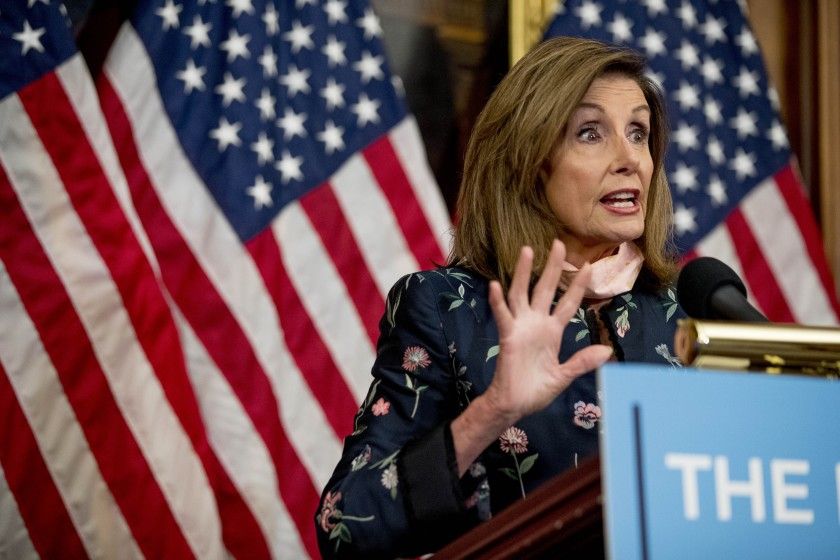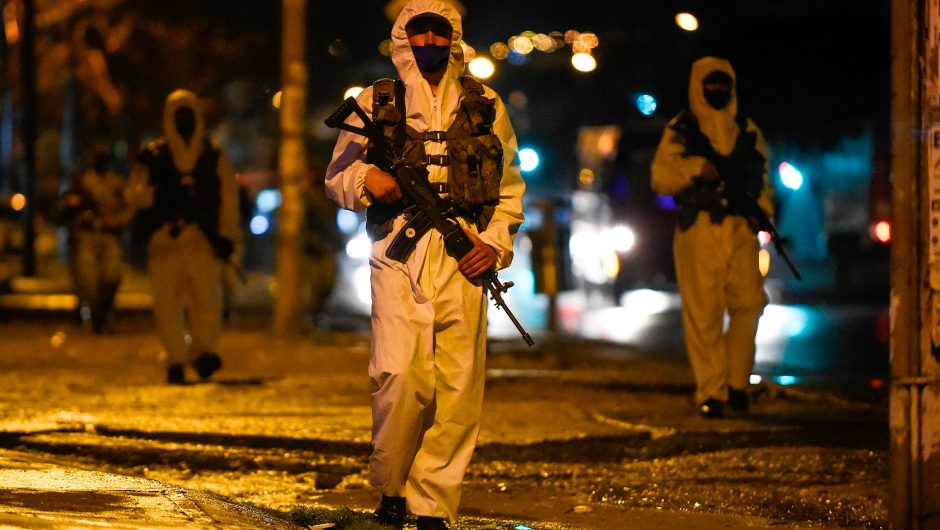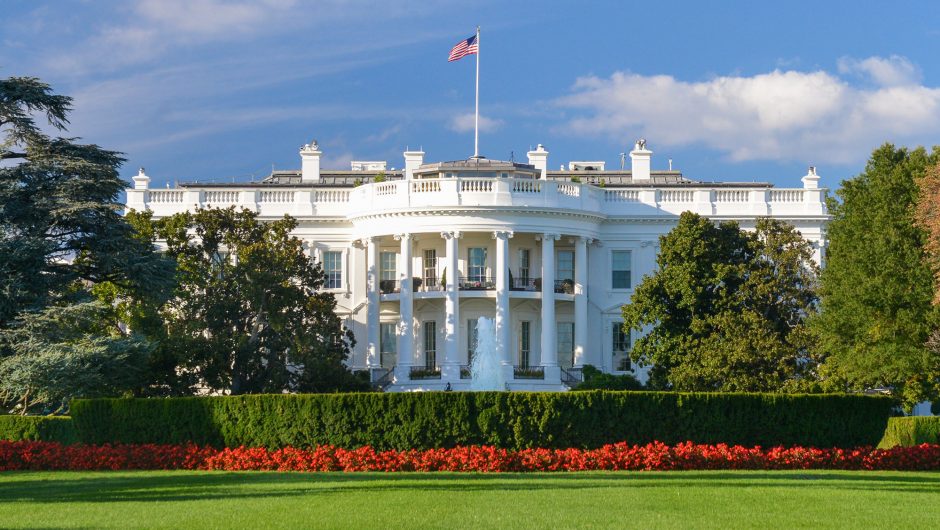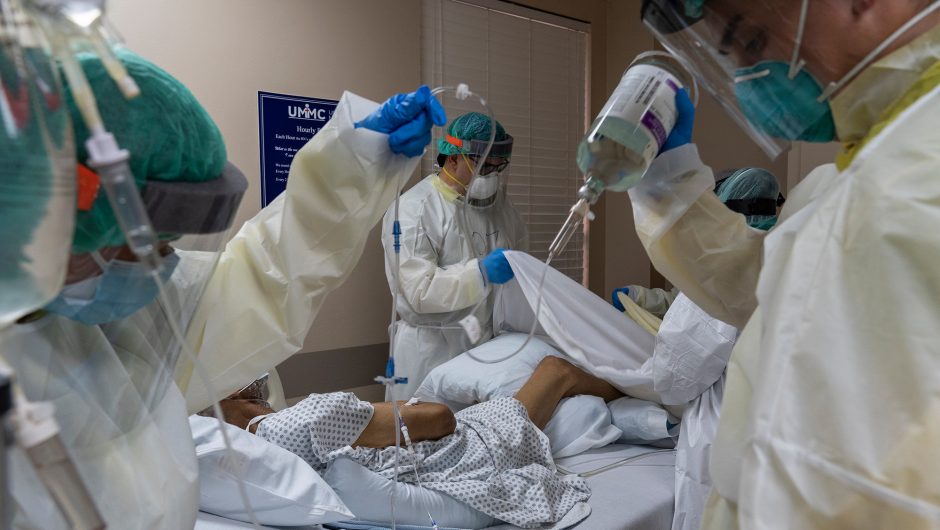House Speaker Nancy Pelosi. (Associated Press)
After initial resistance from some Republicans, Congress is inching closer to an agreement to extend at least some of the $600-a-week federal unemployment insurance subsidy approved this spring to help American workers hurt by the coronavirus crisis.
When they return next week to begin talks on another major relief bill, lawmakers face a tight deadline to renew the popular benefit, which expires at the end of the month.
The recent resurgence in COVID-19 cases in many states, including California, is providing a political tailwind for Democrats who want to extend the money.
“The extra $600 per week has been an absolute lifeline for these Americans,” House Ways and Means Committee Chairman Richard E. Neal (D-Mass.) told reporters Wednesday. He said it was “cruel” to leave unemployed workers in limbo so close to the deadline before Congress reaches agreement about whether the money will continue.
And while some in the GOP remain adamantly opposed to extending the money and argue it discourages some workers from returning to their jobs, a few Republicans — including some White House officials — have begun floating the idea of approving a reduced or more restricted federal subsidy to assist the nearly 50 million American workers who have applied for unemployment insurance since the pandemic began.
In public comments over the last two weeks, Treasury Secretary Steven T. Mnuchin and economic advisor Larry Kudlow seemed to open the door to a compromise on the issue.
Unemployment insurance is just one of several sticking points.
Fights are also brewing over whether to include incentives to reopen schools in the fall, how far to go in shielding companies, schools and others from COVID-19-related liability lawsuits and how much federal aid — if any — state and local governments should receive to shore up their budgets.
They’ll also need to agree on how to make the Paycheck Protection Program loans more attractive to small businesses, whether to continue the moratorium on evictions for people living in public housing or renting homes with federally backed mortgages, and whether to issue another direct cash payout of up to $1,200 per adult and $500 per child.
Story continues
With the traditional August congressional recess looming, there is not much time to reach a deal. House Speaker Nancy Pelosi (D-San Francisco) vowed to get a package on President Trump’s desk before leaving.
“We’ll have a bill and hopefully we’ll have it sooner rather than later because people really need to have it, and we should have it before the expiration of the unemployment insurance,” Pelosi said Wednesday.
Direct negotiations between Democrats and Republicans have not yet seriously begin, but both sides have begun publicly sending up trial balloons through news conferences, statements and television appearances.
It will mark Congress’ first major response to the pandemic since the spring, when it passed several laws that provided a total of nearly $3 trillion in emergency economic aid.
Negotiations over what to do next stalled in May, with Republicans saying they wanted to wait until July to see how the money it already approved — the largest single economic aid package passed in U.S. history — affected the economy before approving more.
Democrats pressed on, and the House passed a $3-trillion package without Republican input or the broad support that they hope will be the starting point for current negotiations. Senate Majority Leader Mitch McConnell (R-Ky.) called it a wish list and a nonstarter in the Senate.
McConnell has been adamant that the next package would originate in his office. Previous coronavirus bills were largely hammered out between Democrats and Mnuchin, much to the frustration of Senate Republicans.
Senate Minority Leader Charles E. Schumer (D-N.Y.) told Senate Democrats in a call Wednesday that McConnell has not reached out to them for input and that it appears Republicans are trying to sideline House Democrats. But he said Senate Democrats would only negotiate the next package with House Democrats in the room, according to a source on the call.
House and Senate Democrats want to extend the $600 federal unemployment benefit through the rest of the year.
The Trump administration and congressional Republicans have called the flat subsidy a disincentive for people to return to work because some lower-paid workers are making more money being unemployed than they would have at work.
Even so, in a departure from his previous position to end the subsidy, McConnell acknowledged this week that unemployment insurance will be addressed in the next bill, though he provided no details.
“I think you could anticipate this coming to a head sometime within the next three weeks, beginning next week,” McConnell told reporters in Kentucky on Monday.
Economic experts argue that the purpose of the benefit was to encourage people to stay home and not look for work as a way to control the spread of the coronavirus. Government officials also said providing a flat amount, based on a national average, was the fastest way to get the money out, rather than making adjustments by state or based on workers’ pay — something beleaguered state unemployment systems were not designed to manage.
With the rate of positive cases climbing again in more than half of the states, Republicans have begun talking about extending the benefit at a lower amount going forward or finding a way to cap the benefit to no more than a person’s normal take-home pay.
One possibility being considered is to cut the unemployment benefit from $600 per week to between $200 and $400 per week, and making up at least part of the difference by sending another round of $1,200 stimulus payments to some families.
Pelosi told reporters Wednesday she is open to negotiations on the $600, saying that it needs to be considered in totality alongside potential direct payments to individuals.
McConnell reiterated Wednesday at an event in Kentucky that the next aid package must include liability protections for reopening schools, healthcare providers and businesses. Democrats had initially called such liability protections a nonstarter, but have hedged a bit in recent weeks. Pelosi said Wednesday businesses would be protected from lawsuits if the Occupational Health and Safety Administration passes safety regulations they want for workers.
McConnell also said the bill he plans to put forward will include incentives to get children physically back to school in the fall so that parents will be able to return to work. That could take a substantial federal investment, he said.
The issue has become a key focus in recent weeks, with Trump threatening to tie federal aid to whether schools open fully so children are physically present. While he cannot do that on his own, he could insist on Congress conditioning the aid in some way. Some of the nation’s largest school districts, including Los Angeles Unified, are already saying they will not reopen for in-person instruction in the fall.
McConnell didn’t say education funding should be contingent on reopening, adding that rotating children in and out of schools to limit class sizes may be necessary.
“It can be safely done. You have to weigh the consequences. What are the consequences of staying home versus being back in school? Clearly, even though some school districts out West are shutting down again, I think all the evidence indicates that distance learning for kids is not as good,” McConnell said. “We need to find a way to safely get back to work, and we feel, I feel like the federal government will have to play a financial role in helping to make that possible.”
Democrats want the package to address how to reopen schools safely as well, with money for protective safety gear for educators and students, improving ventilation systems and more technology for distant learning. But they oppose Trump’s threat of connecting federal aid to schools reopening physical locations, saying student and teacher safety has to be paramount.
“We cannot risk their health and safety and indeed their lives [and the] lives of anyone that they might bring this home to,” Pelosi said. “Our teachers, our custodians, our people who work in public schools need to be protected. We can’t follow the attitude of this administration: ‘If you don’t open up, we’re not giving you money,’ No, we’ll give you money so that you can open up.”








